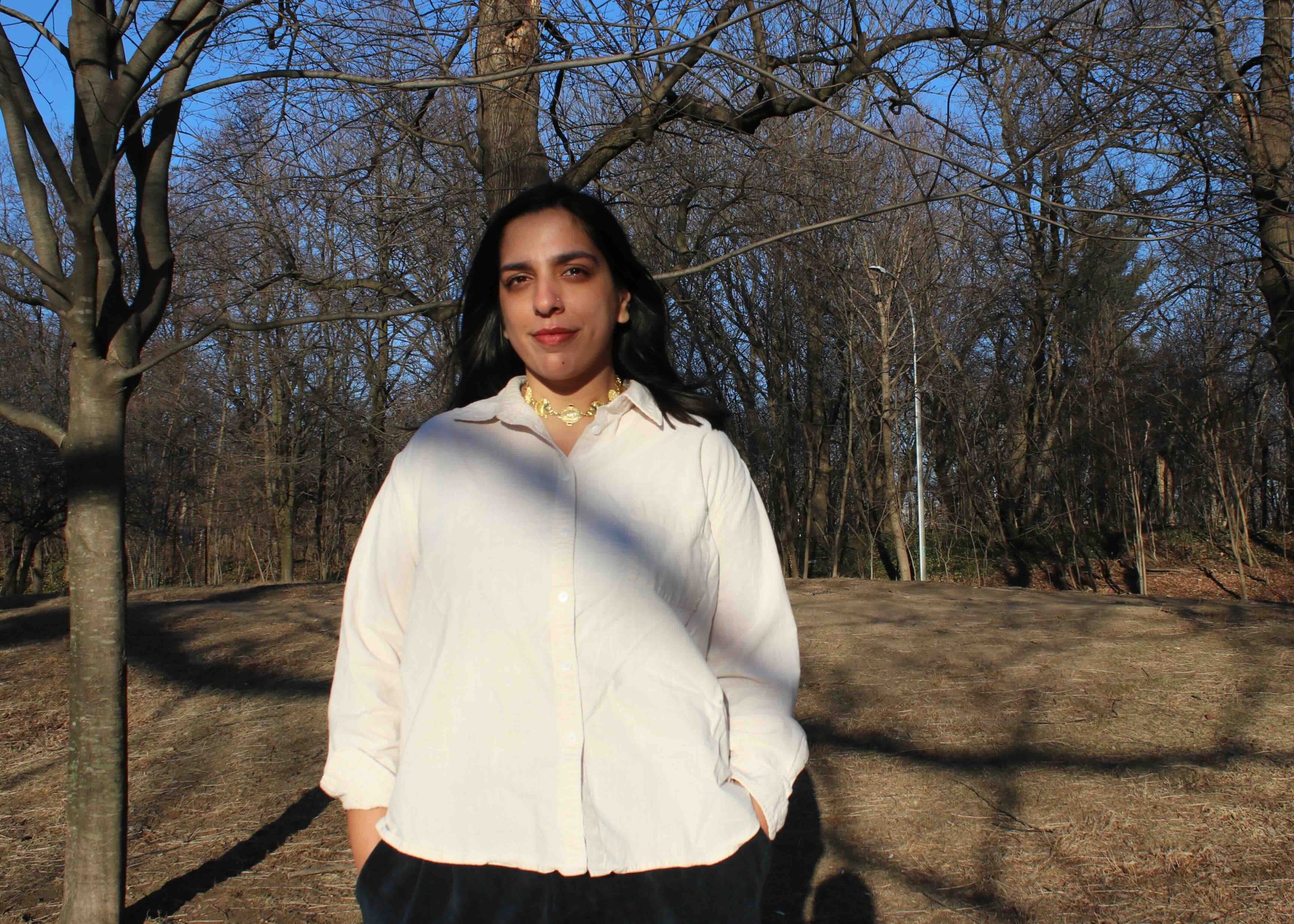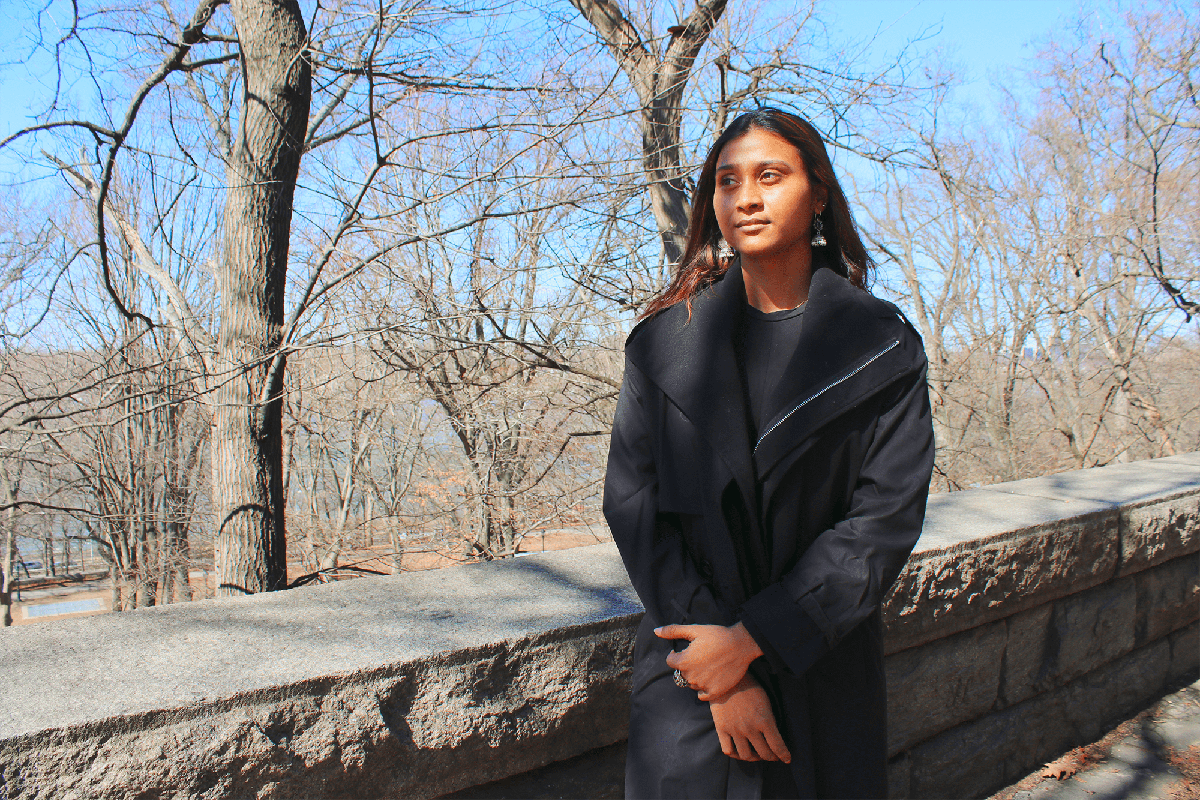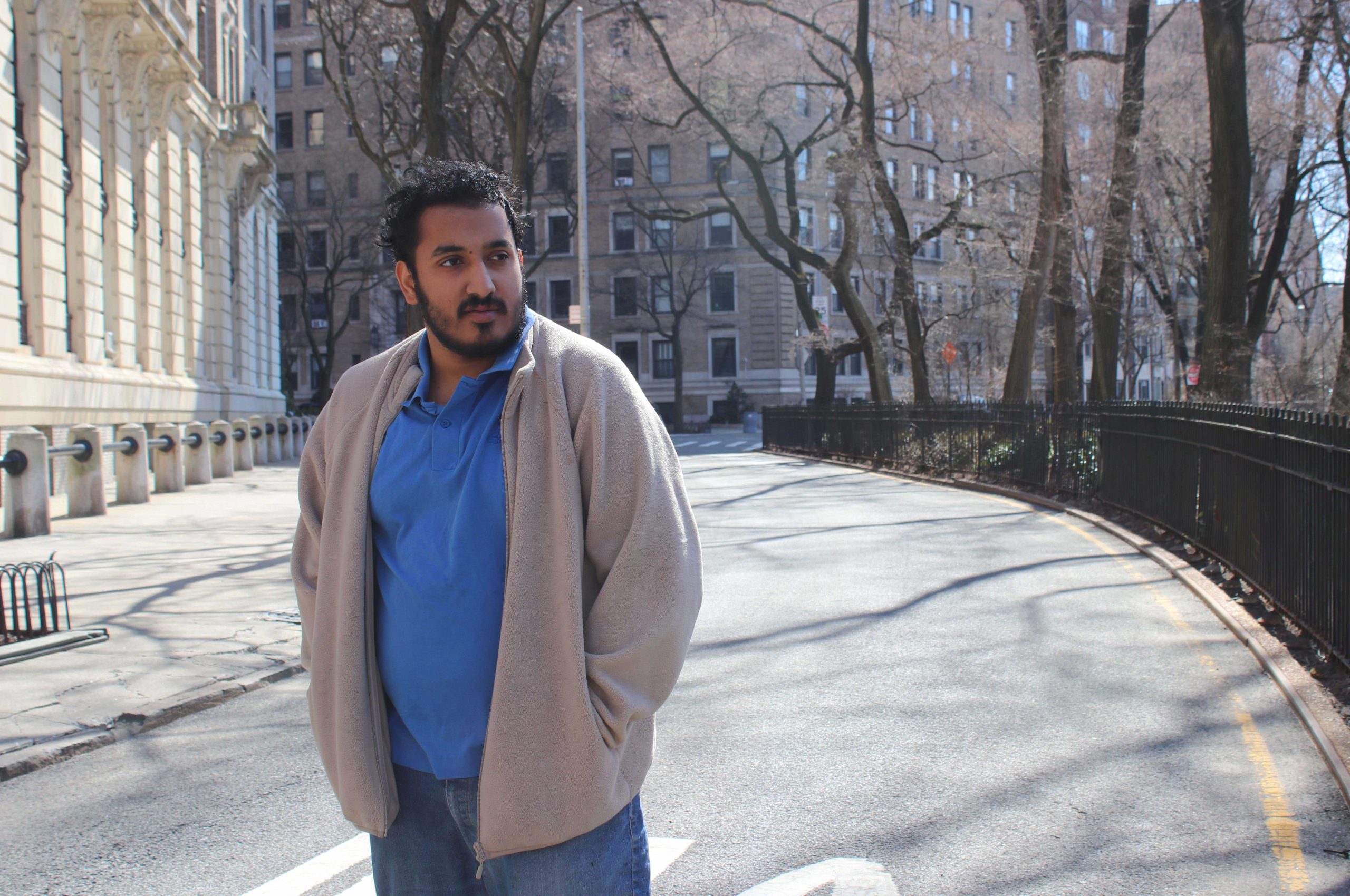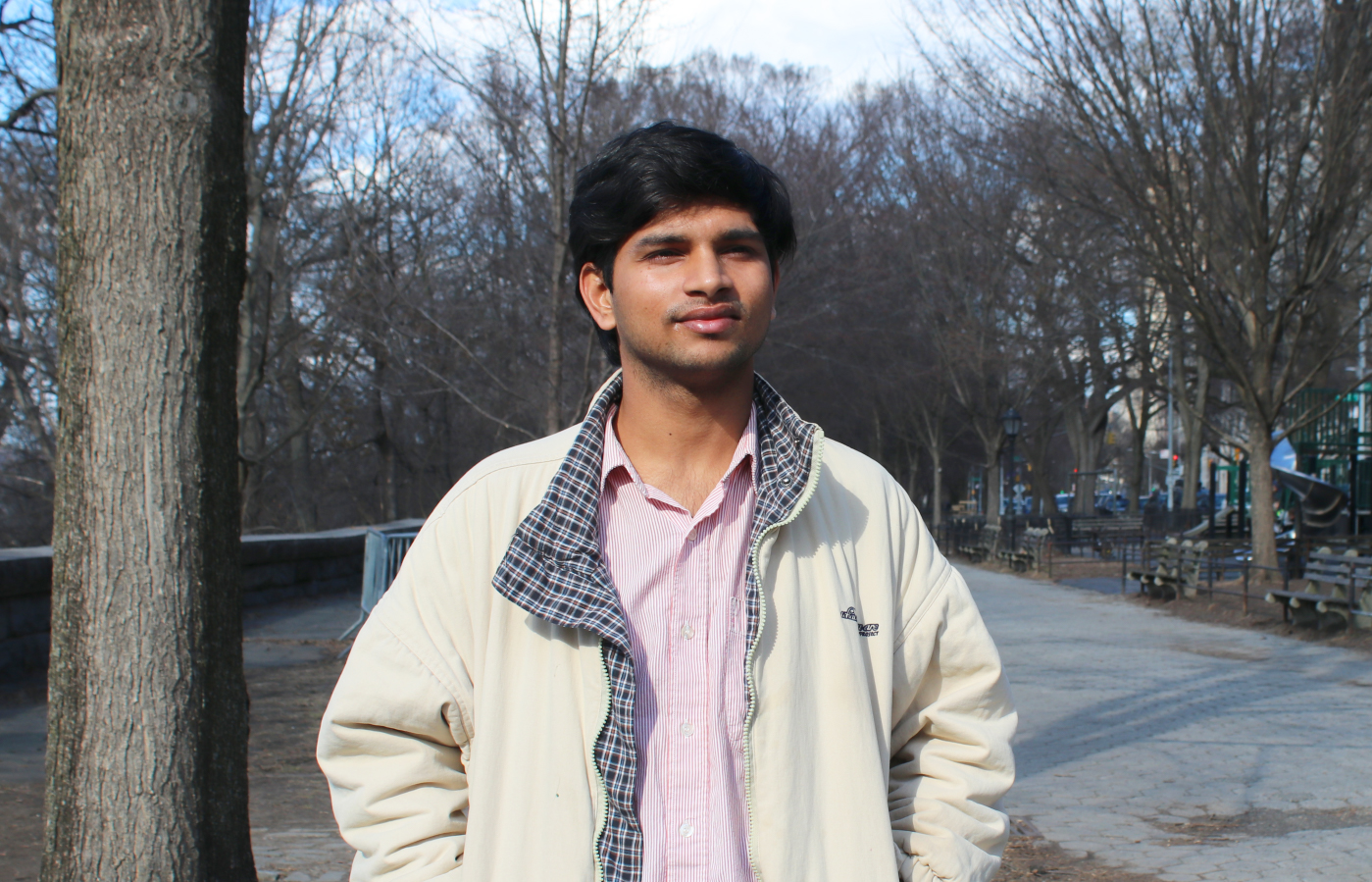I grew up in Rohtak, Haryana. I wasn’t told I couldn’t dream big or study, but I was told I shouldn’t go out alone after dark or wear certain clothes. Conversations about religion were almost nonexistent in my early years—until they came alive through movies, food, and fragments of life around me.
My father’s clinic stood right across from a mosque in Sonipat. Every Eid, we received biryani and boxes of sweets from the mosque right across his clinic. It was one of my earliest memories of recognizing difference—of realizing that there was another world, another faith, so close to mine, yet so distant in our everyday life. As a child, I imagined Muslims through what I saw: men in kurtas, beards, skull caps as shown in movies. It was simplistic, formed by stereotypes and a lack of real connections.
I remember watching Muslim laborers at our house during construction work—many of whom quietly changed their names. Imran would become Manu. It didn’t strike me then as odd. Now, looking back, I see how normal it was for them to mask their identity to avoid judgment or danger. They prayed during work breaks, spoke kindly, and blended into a world that often asked them to shrink themselves.
Things began to shift when I joined Delhi University. Literature opened doors. Friends shared stories. I read about the Muslim ‘other’—and recognized how that had shaped me. Slowly, I found myself pushing back on family WhatsApp forwards filled with Islamophobic rhetoric. That’s when they started calling me a ‘lefty.’ It was heartbreaking to see that the people I had grown up with and looked up to could have such disappointing opinions. I didn’t stop engaging with them because I want them to do better.
In New York, life widened even more. My roommate from Pakistan became like a family. Our bond started over Shah Rukh Khan and bloomed through shared meals, laughs, and everyday life. Our mothers met, became good friends. It was beautiful, natural and real.
I dream of an India where no one is humiliated for who they are. That we end the daily indignities—from bulldozed homes to whispered slurs. That the casual hate, from a teacher’s words to a bureaucrat’s indifference, is named and dismantled. And that people begin to ask themselves, honestly: Why do I think this way? Where did this come from?
Change, I believe, comes not from shame but from love. People change for those they love. My parents changed because they love me. They met my Muslim friend here. They listened. They opened up. It isn’t always easy to have conversations. We disagree over things but also make an effort to meet in the middle. That’s how change begins: not with sweeping declarations, but with slow, human moments and difficult conversations. My dream is that someday, we stop needing to hide our names, our prayers, our loves. That we’re all allowed to show up fully, and be seen. That’s the India I want to live in.




